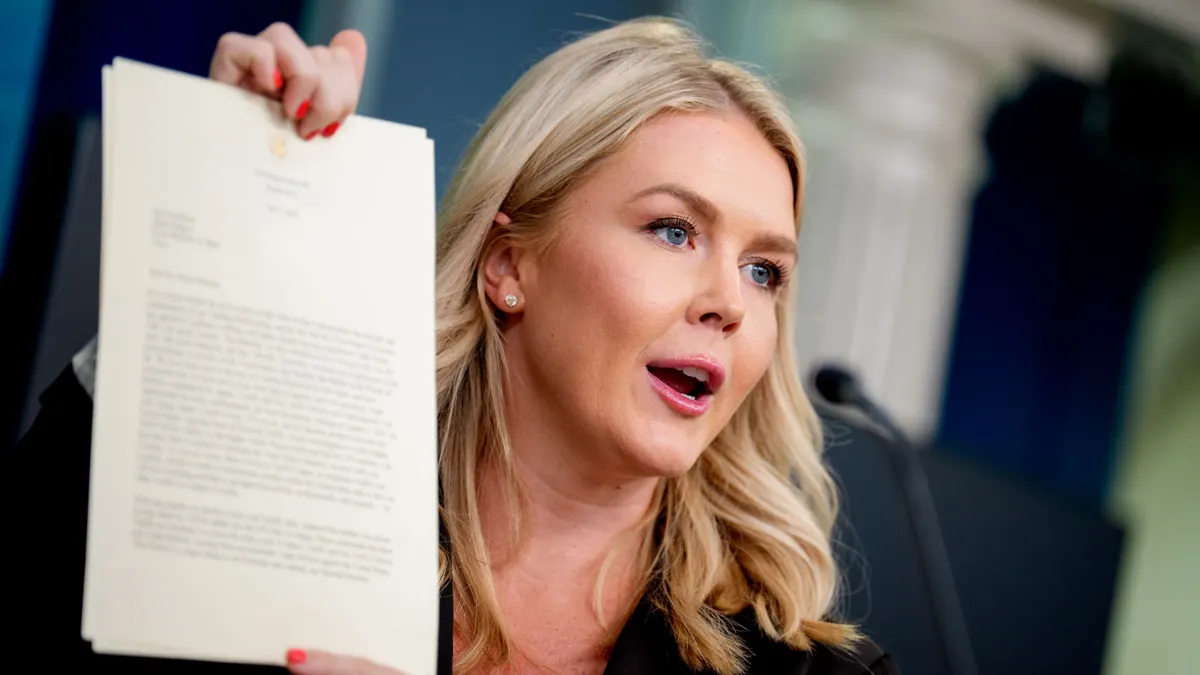Small and mid-sized companies hit hard by the pandemic might be tempted to axe their CFO as a cost-cutting measure. But that would be a mistake, Shawn Cole, founder and president of executive search firm Cowen Partners, told CFO Dive this week.
No public company, regardless of size, nor few large private companies with external investors could go without a CFO, no matter how dire finances became, Cole said.
Not only is the finance chief's expertise too important to the company's survival ability, but the very presence of the CFO plays an integral role in shaping investors', analysts' and regulators' view of the company.
"They can't just not have a CFO," said Cole, whose firm helps companies identify, vet and select finance chiefs for jobs. "For the sake of their image, a Fortune 500 or larger publicly traded organization really can't operate without a CFO at the helm. It just doesn't look good; it indicates something’s not right."
CFOs who leave while their company is reeling from the pandemic are likely do so for personal reasons or because they're not performing the way company leadership needs or wants.
"Every CFO is at risk of losing their job due to poor performance," Cole said. "Company size doesn't matter."
What follows a CFO's departure depends on company dynamics. Is there a number two ready to step up, either as an interim or permanent replacement? Is there a pipeline of strong internal candidates available? Does the CEO or board want a fresh, outside perspective? Are there financial troubles requiring a specialist's expertise?
Necessary due diligence
If a finance leader seriously underperforms, finding and attracting a new CFO is necessary due diligence, Cole said.
In a typical scenario, company leadership will tap a senior internal executive — the controller, chief accounting officer, or vice president of finance, for example — to step in until a permanent replacement is found.
Research CFO Dive conducted earlier this summer found little evidence internal executives taking over on an interim basis have a stronger claim to the permanent job than another candidate.
All things considered, Cole said, a vice president of finance, at least at present, is best suited to replace the CFO.
Underqualified replacements
A company elevating an internal executive to take over permanently, if the person was clearly underqualified, would be troubling, Cole said. It would signal troubles far deeper than just performance. The company could have legacy financial troubles, a corporate culture problem, or its finances could be so bad that it needs to cut muscle and not just fat — in other words, cut the high-priced CFO for a lower-cost, but less-experienced, person.
"If you ever see an under-qualified internal candidate promoted to CFO, you know the company is looking at cost savings," Cole said. "Not to say they weren't exposed to finance or treasury functions in their organization, but now is not a good time to test run someone with an accounting [as opposed to strategic] background as CFO."
Cole singled out Under Armour, which has been facing financial difficulty, rumors of a cultural problem, and has been named in an SEC probe for violating federal securities laws. The company in 2017 elevated an internal person despite the company's problems.
Cole said it was likely very difficult to convince a qualified individual to join the company. "They [could] find out a couple years later there are some legacy accounting issues," he said. "I think that was an aha moment. They couldn't bring in an outside CFO, because there would've been questions about their accounting practices."
SMB face different pressures
Small and mid-sized companies, which lack the resources of large companies, can face a very different type of pressure. For finance leaders working in this environment, the risk of getting let go strictly as a cost-cutting measure, while small, is real.
A small company teetering on the brink of pandemic-induced financial ruin might very well let go of its expensive CFO, or let go its CEO and have the CFO step in as both CEO and CFO, Cole said.
A CEO-CFO can be a big cost-saver, Cole said. If the CFO is never replaced, the company can continue benefiting from the person's experience, while forgoing one person's executive level pay.
SMB CFOs' best bet at keeping their job during a corporate downsizing is ensuring they provide a strong return on investment.
"Ensure that's very clear to the CEO, board, and investors," Cole said. "All too often, CFOs inhabit the role with a fixed cost. But this is the time, during this pandemic, for a CFO to shine, and show their real ROI."




















